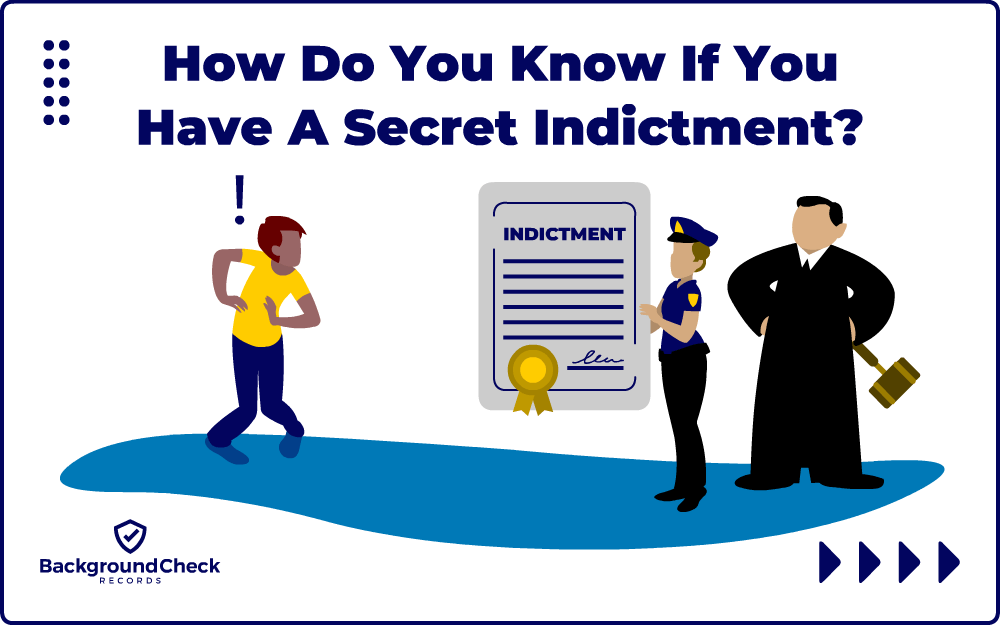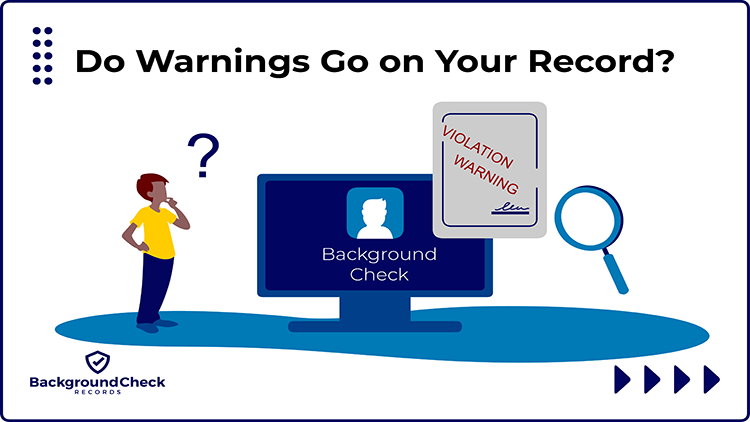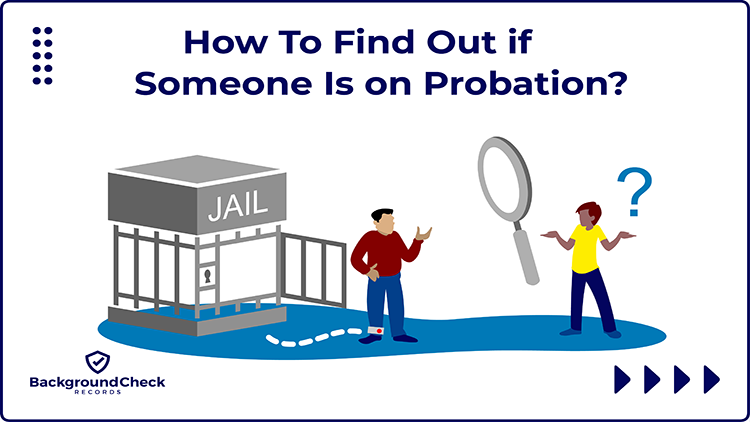How Do You Know if You Have a Secret Indictment? Try This Search
Secret indictments occur when a grand jury decides a felony should proceed to trial without notifying the defendant, but determining whether you have a secret indictment can involve running a free criminal background check on yourself to check for potential charges or confirming if charges have been filed unknowingly. Alternatively, searching through elusive public records or consulting with an attorney are also viable options.
No matter which method you choose, just know that there’s 5 million felony cases tried in the United States each year, and some of those trials started with secret indictments where the defendant was completely unaware of the matter.1
Therefore, checking your own background check report and understanding how these types of proceedings can help alleviate any worry and navigate the complexities of the U.S legal system.
Secret Indictment Meaning: What Is a Secret Indictment?
First, it’s important to know how grand jury proceedings in general work. A prosecutor presents a felony packet to the grand jury (a group of 16 to 23 ordinary citizens) to determine if there is enough evidence to support formal charges.
The grand jury reviews the evidence, may hear testimony from witnesses and victims and determines if there is enough information to support formal charges.2
In the United States, grand juries are used on the federal level for felony cases, and on the state level, only Connecticut and Pennsylvania do not use grand juries. In those states, a judge makes a determination of whether or not the case goes to trial and if the indictment is to be sealed.3
When a secret or sealed indictment is sought, the process for reviewing evidence is the same. The difference between open and secret indictments lies in how the information is handled before, during, and after the grand jury proceedings.
In secret indictments, all the hearing notes, testimony, and contents of the indictment are sealed until the alleged offender is taken into custody for the offense. The parties involved are also instructed to not talk to anyone about the proceedings during or after the process.
In other words, until the prosecution is ready to reveal the contents of the indictment, it is sealed or secret.4
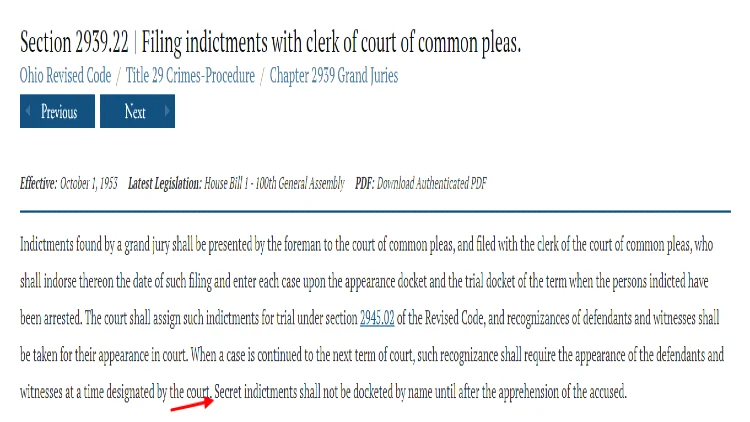
The process for a secret indictment is almost exactly like that for a routine felony indictment with the major exception being when the indictment is made public.
How Do You Get a Secret Indictment? How Does a Secret Indictment Work?
When a person commits a felony crime and law enforcement presents the investigative reports to the office of the district attorney (DA), the DA, also referred to as the prosecutor or prosecution, has the option to present the case to a grand jury or return it to law enforcement for further investigation.
The grand jury looks over the investigative reports, reviews the physical evidence that has been gathered, and in some cases, listens to witness testimony and determines if there is enough information to show probable cause.
Probable cause means there is enough evidence a crime has been committed and that the person accused is likely the one who did the crime. Grand jury deliberations are not the same as a guilty verdict, it is simply saying there is enough information to have a hearing before a judge or petit jury (a jury of the accused peers, usually a panel of 6 to 12 people).
When seeking a secret or sealed indictment, the DA presents the case in the same manner with the request the indictment remains sealed and the reason behind the request. In some cases, a judge must order the contents of the indictment remain sealed until the DA is ready to make the information public.
Once the evidence and witness testimony has been presented to the grand jury, there is a pending indictment until the grand jury finishes its deliberations. If a true bill of indictment is issued, the case can go to trial, and the matter is usually public except in cases of secret indictments.
Individuals involved in the sealed indictment process are instructed to not disclose the contents of the indictment, or its existence until the DA makes the information public. The most common reasons for requesting a secret indictment include the protection of witnesses or reducing the flight risk of the person under investigation.5
Because of its nature, it can be difficult to know if someone is the subject of a secret indictment until they have been taken into custody.
How to Check if You Have an Indictment
After a grand jury indicts a person, unless it is sealed by the court, the indictment is considered a public record. While an indictment is not a conviction, it can have an impact on a person’s life, so the quicker someone learns of an indictment the quicker they can work to clear the matter.
It’s also important to understand the difference between indictment vs charge. A true bill of indictment means the grand jury has determined the case can go to trial which is ultimately formal charges against the accused. A grand jury is used when seeking a sealed or secret indictment.
Pressing charges is done by the DA directly. DAs can file charges without using a grand jury in state-level cases, but many DAs prefer to present cases to a grand jury rather than file felony charges directly.6
When a DA presses charges, they present the case to a judge who determines in the preliminary hearing (sometimes called a first appearance or discovery hearing) if there is enough evidence to proceed to trial. Since the preliminary hearing results in the case being placed on the docket (the list of cases to be heard in the court that day), and a ruling (court record), it is a public record.6
There are ways a person can check to see if they have been indicted. They can run a free criminal background check on themselves to see if an indictment appears on the record.
Background Checks
Individuals can run a personal background check to show criminal records and they can try this search method to see if an indictment has been issued by a grand jury. Personal background checks can be conducted by the individual or by using a commercial background search site.
Lesser charges connected to the felony indictment may show up on the record, but the secret indictment will not. Indictments that are not sealed can show up on a background check as pending charges.
Some people become aware of an indictment when they undergo a pre-employment screening or tenant screening, or when they work for a company that conducts background checks on existing employees. This is not the ideal way to learn about an indictment.
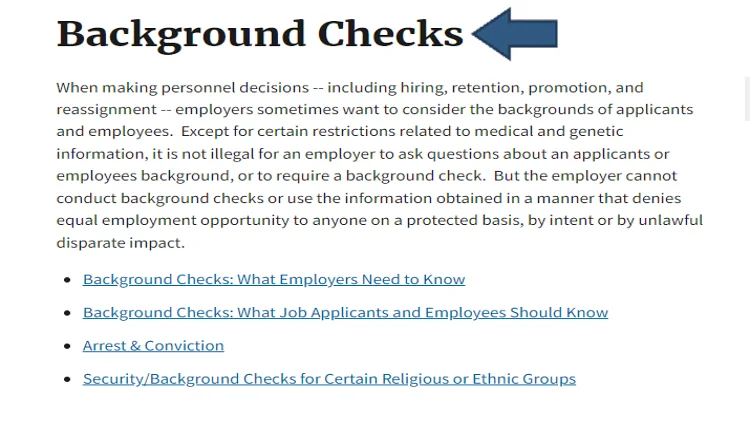
Sometimes the indictment itself will not show up, but a warrant for the person’s arrest issued after the true bill has been found by the grand jury may reveal the charges.
Arrest Warrant Search
When a true bill of indictment is issued against a person, it triggers the issuance of an arrest warrant. Arrest warrants can show up on background checks, and this is one way to determine if a person has an indictment against them.
Certain law enforcement agencies provide online portals for warrant searches, leading to questions about whether warrants appear on background checks. Indeed, warrants can be visible on specific types of criminal record screenings.
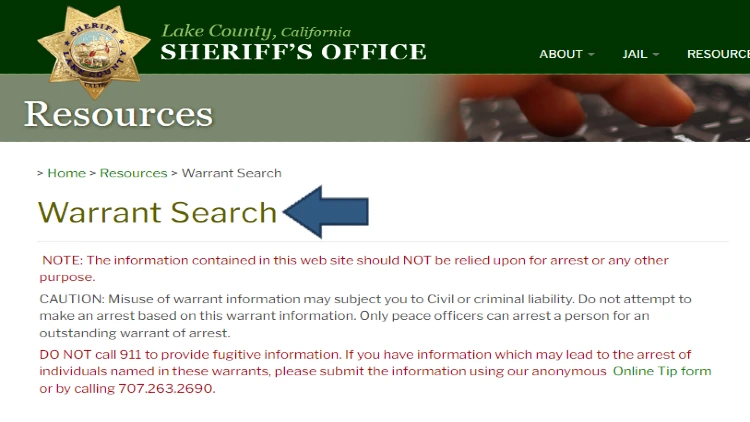
An arrest warrant issued as a result of an indictment significantly impacts more than the individual’s freedom. For example, understanding the impact of a warrant on a background check hinges on whether the warrant appears in the check results and the nature of the warrant itself. This can determine various outcomes related to the person’s background assessment.
Sometimes a warrant with a secret indictment is also sealed until the DA directs law enforcement to take a person into custody.
When the indictment is not sealed or secret, it is considered a public record and there are things a person can do to find out if they have a felony charge pending.
PACER
Individuals who are indicted under the federal system can find the information through the Public Access to Court Electronic Records (PACER). This is the central point of access to all federal criminal court records. When a person is indicted, the record should be accessible through PACER unless it has been sealed by the court.7
Hire an Attorney or Bail Bondsman
If someone suspects they are being investigated by law enforcement for a felony, they can hire an attorney or bail bondsman to help them determine if an indictment has been issued. The attorney or bail bondsman can also help the individual surrender to the court, negotiate and post bail, and start preparing a defense to the charges.
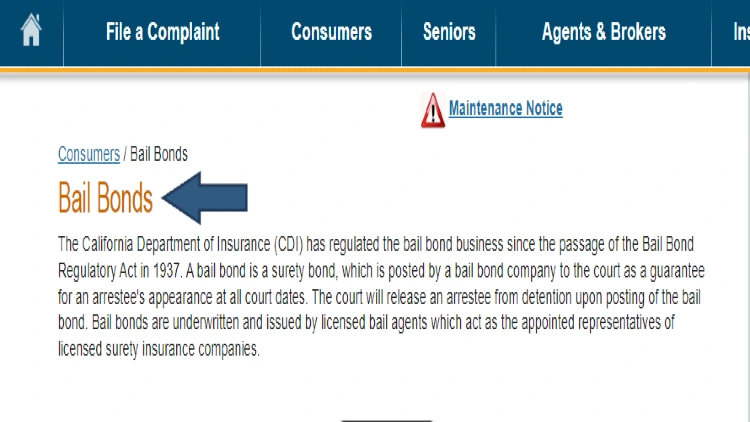
Understanding a routine indictment is typically straightforward, yet identifying the presence of a covert indictment poses a more complex challenge.
Identifying the Presence of a Secret Indictment
Determining the existence of a secret indictment can be challenging, but there are signs suggesting the district attorney has pursued formal charges through a sealed process. Despite undergoing a level 3 background check, a secret indictment might not be disclosed.
Checking one’s own criminal background through a free search may or may not uncover an indictment, while other clues could indicate involvement as a suspect in a felony case.
Questioning By Police
If the police call a person or go by their home or work to question them, this can be an indication they are under investigation for a felony offense. While being questioned doesn’t automatically mean the person is a suspect, it is possible a secret indictment has been sought by the DA.8
Local Court Records
A search of local court records may reveal a secret indictment but it is unlikely. Since the indictment is sealed until the DA decides to unseal it, reviewing court records may not reveal a sealed charge.
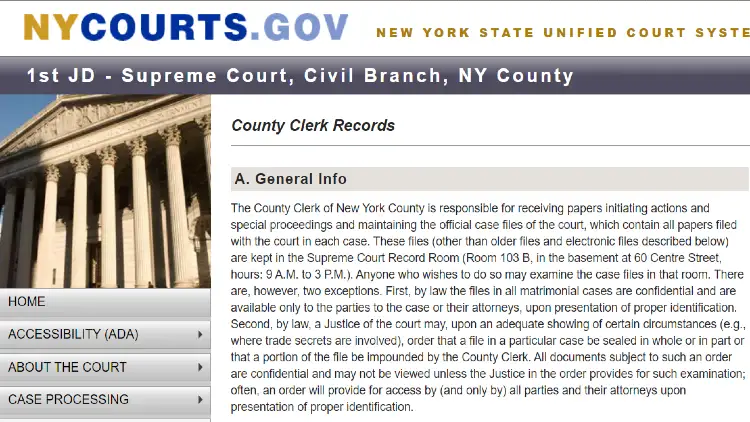
The clerk of the court’s office maintains files on all court proceedings, so a public search at the clerk’s office may reveal a secret indictment; however, this isn’t likely since the record is considered sealed until the DA makes it public.8
Additional Charges Have Already Been Filed
Determining the presence of a secret indictment can be complex. In some cases, only certain parts of the indictment may be sealed, while other charges related to the same incident could be public. For instance, someone might face misdemeanor charges stemming from the same incident as a felony indictment.
In this incident, the misdemeanor is a matter of public record, while the DA may pursue a sealed indictment for the felony. Understanding the duration of misdemeanor records relies on state-specific laws governing their inclusion in background checks.
Additionally, some states provide automatic removal of misdemeanor charges when they are dismissed.
Regarding secret indictments, the duration a felony remains on your record depends on several factors. These include whether the case ends in a conviction after trial, eligibility for expungement, and the specific state laws governing waiting periods for expunging felony records.
For example, Delaware passed legislation in 2021 stating certain felonies can be automatically expunged from a person’s criminal history if the case was dismissed in the person’s favor. Therefore, if a secret indictment was issued and the case was later dismissed in the defendant’s behavior at trial, it must be removed from the public record.9
If a person is involved in a routine, minor traffic stop, and a felony offense is discovered, the person may be charged with the traffic offense while the DA seeks an indictment for the felony. For instance, drug trafficking charges can arise after a traffic stop. Whether traffic violations appear on a criminal background check depends on factors such as whether they are misdemeanors, if the check covers driving history, or if they are associated with a felony indictment.
A search of public records can reveal that some charges have been filed in an incident but not all the aspects of it are covered in the public record. This could be an indication a felony indictment may occur at a later date.
Ultimately, the indictment remains sealed until the DA makes the determination to reveal the indictment and what it contains.
How To Find Out if You Have a Sealed Indictment
Due to the nature of a sealed or secret indictment, it is extremely difficult to find out if one has been issued by a grand jury. Since the records are sealed, they are not considered public records and cannot be revealed by conventional means. There are some things a person can do to try to find out if they are subject to a sealed indictment, but these are not always effective.
Discovering a secret indictment typically occurs when the District Attorney decides to unseal it, resulting in the person being arrested. Upon arrest, the individual must seek legal representation either by hiring a defense attorney or requesting a court-appointed lawyer to contest the charges in court.
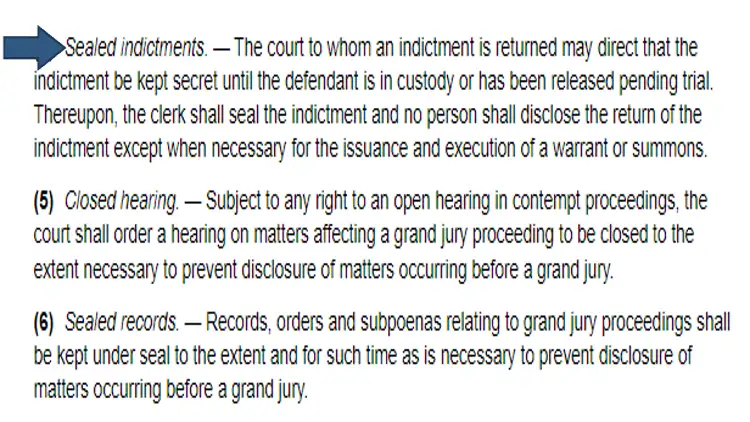
Another way to try to find out if a person has a secret indictment is to hire a defense attorney to try to find out or petition the court to unseal any indictments against their client.
How Long Does a Secret Indictment Take?
The amount of time it takes to get a secret indictment varies from jurisdiction to jurisdiction. Members of the grand jury are selected to serve anywhere from one month to a year; however, they do not hear cases every day for that time period. The grand jury may meet (convene) only a few days out of each month.10
Additionally, the DA has some discretion when it comes to presenting the case to the grand jury. The only limitation that the DA has to adhere to is the statute of limitation for the state where the secret indictment is being sought. Once the indictment or formal charge is handed down, state statutes may also limit how long the DA has between formal charges and trial.
The Constitution of the United States also guarantees individuals the right to a speedy trial once the person has been charged with a crime. Per the Sixth Amendment, a person has a right to a public trial without any unnecessary delays.11
Therefore, determining if there is a secret indictment can be uncertain until a person is apprehended. Once they become aware of the indictment, there are steps they must take to address the situation.
What Actions Should You Take After Finding Out You Have a Secret Indictment?
When someone learns they are subject to a secret indictment, the best thing they can do is hire a defense attorney. If they only learn about the indictment when arrested, the person should request an attorney before any questioning. The attorney can help with a number of issues that arise when the true bill is issued by the grand jury.
For example, if the person has not yet been taken into custody, an attorney can help coordinate surrender to law enforcement. The attorney can then petition the court for a bail hearing to see if the accused can be released on bail.
The attorney can also start building a defense against the charges filed in the indictment. Because the indictment was secret, the defense is in the position of leveling the playing field for the accused.
The person subject to an indictment can also perform a criminal background check on themselves to see if other charges appear or are pending.
The accused also needs to consider how an indictment will impact their life, including what happens if the charges are ultimately dismissed. For instance, understanding the impact of dismissed charges on a criminal record is crucial. State laws vary, with some jurisdictions expunging dismissed charges and others retaining them. Similarly, a sealed indictment that is dismissed may or may not appear on a criminal history. It depends on when it was dismissed (before or after an arrest was made).
The accused may also face additional consequences upon the unsealing of the indictment and subsequent custody. If unable to post bail or denied it, they risk losing their job for failing to report to work. Understanding employment termination due to incarceration is crucial, as although termination itself may not appear on a record, it can be inferred by cross-referencing dates of incarceration with employment termination dates.
An indictment does not automatically lead to jail time. When an indictment is issued, a warrant may follow, but a defense attorney can promptly petition the court for bail. In many cases, a bail bondsman can then post bail, ensuring the individual does not have to spend time in jail. This is why it’s important to hire an attorney once someone finds out they have been indicted.
From paid employment to volunteering, an indictment can have a major impact. A non-profit background check can reveal a person has been indicted by a grand jury and prevent that person from volunteering in the community.
Secret indictments generally do not appear on a nonprofit background check, but it is crucial for individuals to address this issue promptly upon discovering they are under one. Therefore, if you’re concerned about the presence of a secret indictment, start by conducting a thorough search.
If that approach proves unsuccessful, explore public records to the best of your ability, despite potential sealing in some cases.
Frequently Asked Questions
What Is the Purpose of a Secret Indictment?
The purpose of a secret indictment is to allow the District Attorney to obtain formal felony charges against someone without the accused or the public being aware of the indictment and its contents. It is used in cases where there is a significant flight risk of the defendant or to protect the identity and integrity of witnesses.
Why Does a Case Go to the Grand Jury?
Felony cases in the United States are presented to a grand jury in all cases except Connecticut and Pennsylvania and in all federal courts that hear felonies. Federal prosecutors are required to use grand juries for felonies per the Supreme Court’s interpretation of the Constitution.
What Is a Secret Indictment Warrant?
A secret indictment warrant is simply an order for someone’s arrest after a grand jury has issued a true bill of indictment against them in a felony case. In other words, the person has been formally charged by the grand jury, and because of this charge, a warrant for that person’s arrest has been issued.
What Are Some Signs of Being Under Federal Investigation?
Some signs of being under federal investigation can include being questioned by federal law enforcement officers, having records or accounts subpoenaed by the court, or having certain assets frozen or confiscated (taken by federal authorities).
1 guide, s. (n.d.). Timely Justice in Criminal Cases: What the Data Tells Us. National Center for State Courts. Retrieved August 27, 2022, from <https://www.ncsc.org/__data/assets/pdf_file/0019/53218/Timely-Justice-in-Criminal-Cases-What-the-Data-Tells-Us.pdf>
2 Charging | USAO. (n.d.). Department of Justice. Retrieved August 27, 2022, from <https://www.justice.gov/usao/justice-101/charging>
3 Taylor, D. (2014, November 26). Which States Use Criminal Grand Juries? FindLaw. Retrieved August 27, 2022, from <https://www.findlaw.com/legalblogs/criminal-defense/which-states-use-criminal-grand-juries/>
4 What is a Secret Indictment? (with pictures). (2022, July 20). My Law Questions. Retrieved August 27, 2022, from <https://www.mylawquestions.com/what-is-a-secret-indictment.htm>
5 What Is A Sealed Indictment? (2022, May 11). Fair Punishment. Retrieved August 27, 2022, from <https://fairpunishment.org/what-is-a-sealed-indictment/>
6 “Indicted” vs “Charged” – What is the Difference? (2022, June 6). Shouse Law Group. Retrieved August 27, 2022, from <https://www.shouselaw.com/ca/blog/indicted-vs-charged/>
7 Find a Case (PACER) | United States Courts. (n.d.). United States Courts |. Retrieved August 27, 2022, from <https://www.uscourts.gov/court-records/find-case-pacer>
8 How Do You Know If You Have A Secret Indictment? (2019, August 15). Hawaii Bail Bonds. Retrieved August 27, 2022, from <https://www.gotbailhi.com/blog/2019/august/are-sealed-indictments-legal-in-massage-parlor-a/>
9 Bill Detail. (2021, April 14). Bill Detail – Delaware General Assembly. Retrieved August 27, 2022, from <https://legis.delaware.gov/BillDetail/58578>
10 How Does a Grand Jury Work? (2020, November 9). FindLaw. Retrieved August 27, 2022, from <https://www.findlaw.com/criminal/criminal-procedure/how-does-a-grand-jury-work.html>
11 Sixth Amendment | U.S. Constitution | US Law | LII / Legal Information Institute. (n.d.). Legal Information Institute. Retrieved August 27, 2022, from <https://www.law.cornell.edu/constitution/sixth_amendment>

